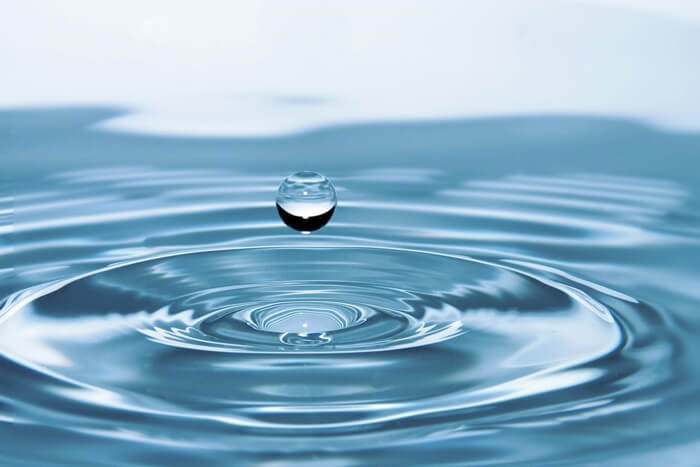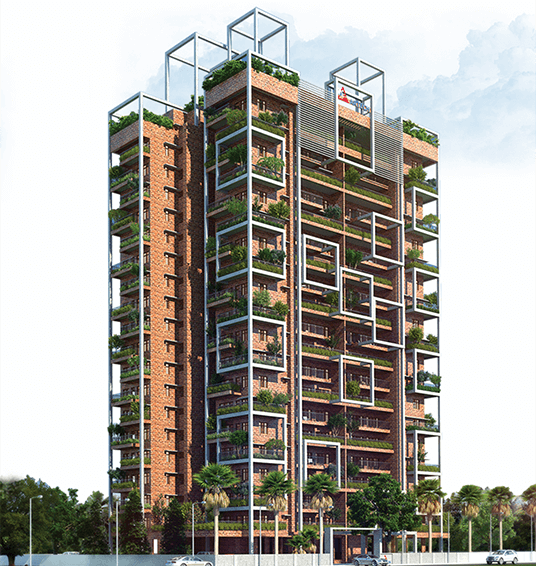
The summer months witness an increased demand for water and sources of water get strained. So whether you’re facing drought conditions or simply want to reduce your environmental footprint, here are some effective ways to conserve water during the summer:
Water-efficient landscaping
Go with drought-resistant or native plants for your garden as they require lesser water to thrive and can better withstand drier conditions. Adding mulch around the plants can further help soil moisture retainment.
Smart Watering
Minimize evaporation by restricting water to early morning o evening hours only. Opt for the drip irrigation or sprinklers so that water is delivered directly to the roots and there is no water wastage through runoff or evaporation.
Collect rainwater
Install a rainwater harvesting system on your roof and store this rainwater into a tank. You can use this water for your garden, washing the car or outdoor areas, thus reducing dependence on piped water.
Use water-efficient fixtures
Install modern water-efficient fixtures such as facets, showerheads and toilets that use lesser water. Look for fixtures meeting EPA standards that reduce water consumption without compromising on performance.
Fix leaks promptly
Check faucets, toilets, and irrigation systems regularly for leaks and repair them promptly. A small leak can waste hundreds of gallons of water per month, driving up your water bill and putting unnecessary strain on local water resources.
Swimming pool covers
To reduce evaporation and refilling of swimming pools, they should be covered when not in use. A pool cover can also help retain heat, reducing the energy required to maintain comfortable water temperatures.
Limit outdoor water use
Minimize outdoor water use by using a broom instead of a hose to clean sidewalks and driveways, and by avoiding activities like washing your car at home. Instead, you can wash your car at a commercial carwash center that recycles water.
Spread the word
Spread awareness by educating and encouraging others on ways to conserve water, especially during the hot summer months. This will eventually create a collective effort on saving water that will benefit the entire community.
With water tables going low, adopting these water conservation practices will not only ensure a sustainable water supply for this generation, but also create a larger impact on future generations.













